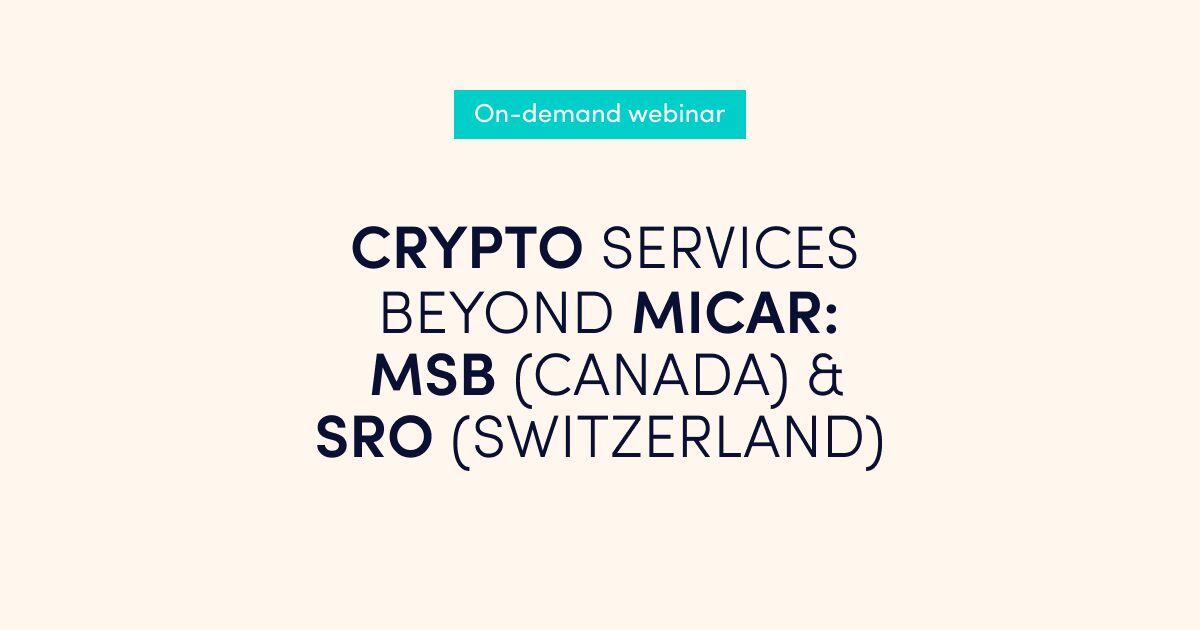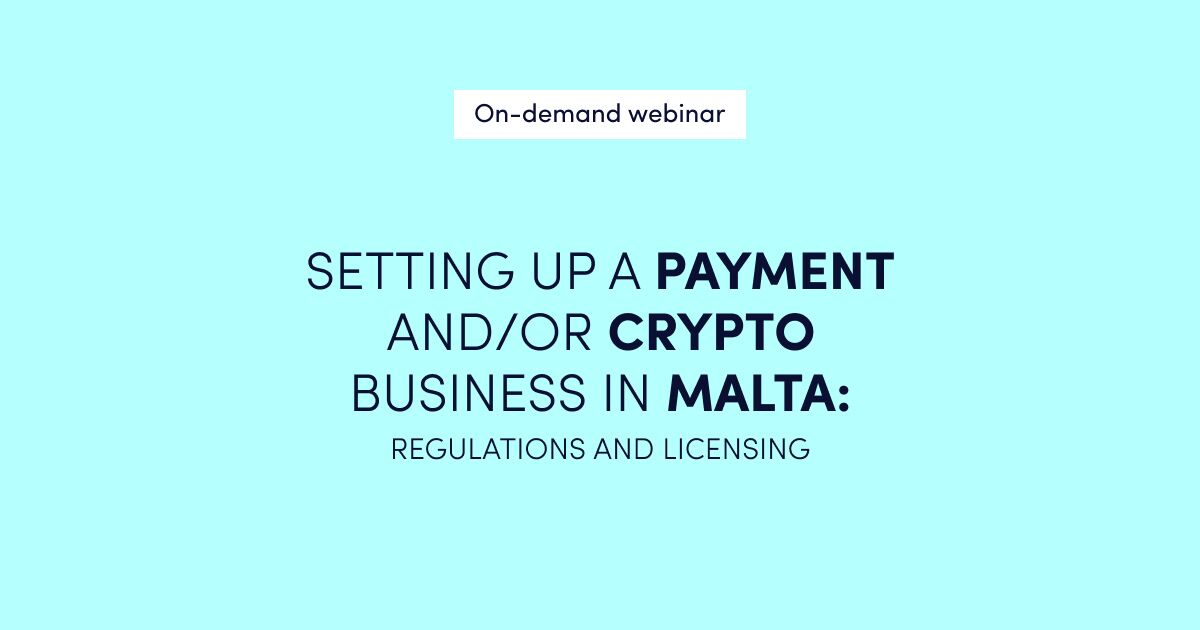
We assist in the full licensing process of obtaining an E-money or Payment Institution licence in Germany
If you are looking to obtain an Authorised Payment Institution or Electronic Money (E-Money) Institution licence in Germany, Advapay can offer you its legal, technical and business expertise and consulting support.
01
Application preparation, communication with the regulator, business services
Filling out an application form
Communication with regulatory authority during the application phase
Assistance in the development of a business plan
Assistance in the opening of safeguarding accounts
Company formation, staffing services
02
Preparation of legal, financial and IT documents
Preparation of legal, financial and IT documents
Legal documents – AML, KYC, IT/Security policies, etc.
Financial documentation – 3-years financial forecast, P&L statement, the flow of funds
Company operational documentation – internal policies, risk operation policies, internal audit, etc.
IT documentation
The fintech market in Germany
Germany currently has around 700 active startups in the FinTech sector. Surprisingly, only 11% of these startups are located in Frankfurt, Germany’s financial hub, while 38% are in Berlin.
Regulator
The Federal Financial Supervisory Authority (BaFin) regulates banks and firms that provide regulated services, including, consumer credit, payment services, e-money, lending, insurance and investment services.
Legislation
The Payment Services Supervision Act (Zahlungsdiensteaufsichtsgesetz – ZAG) regulates the supervision of payment services and e-money issuance in Germany. Companies wishing to provide the previously mentioned services, must undergo the authorisation procedure under the German Payment Services Supervision Act.
Hub Initiative of the Federal Government
Twelve digital Hubs have been established in Germany as part of an initiative of the Federal Ministry for Economic Affairs and Energy to provide a strong network that stimulates innovation by promoting the exchange of expertise in technology and business. Start-ups, science, SMEs, industry, and local administration join together to become centers of digital transformation.
Overview of payment e-money services
According to ZAG, payment services comprise:
• deposit and withdrawal transactions;
• payment transactions in the form of direct debits, credit transfers and through payment cards excluding the granting of credit (payment transactions);
• payment transactions involving the granting of credit;
• acquisition business;
• money remittance business;
• payment initiation services;
• account information services.
Anyone who wants to conduct e-money business in Germany needs to get the authorization from BaFin. E-money business is the issuance of electronic money (e-money). The provision of payment services is included in the licence to conduct e-money business.
Fees
The authorisation is subject to a fee. The fee for obtaining authorisation to provide a single payment service or for registering account information services is currently EUR 6,150; the fee for obtaining authorisation to provide several or all payment services is EUR 8,515
Payment institutions and electronic money institutions are subject to ongoing supervision by the Deutsche Bundesbank and BaFin and they must also pay an annual fee which is calculated on the basis of their total assets.
Documents
The license application must contain the following information and evidence:
1) A description of the business model, which shows in particular the type of payment services envisaged;
2) A business plan with a budget for the first three financial years showing that the applicant has suitable and adequate systems, means and procedures in place to carry out its activities properly;
3) Evidence that the applicant has the required initial capital;
4) A description of the measures to meet the security requirements;
5) A description of the applicant’s corporate governance and internal controls, including administrative, risk management and accounting procedures, demonstrating that such corporate governance, controls and procedures are proportionate, appropriate, reliable and sufficient;
6) A description of the procedures in place for the monitoring, handling and follow-up of security incidents and security-related customer complaints, including an incident reporting mechanism;
7) A description of the procedures in place for collecting, monitoring, tracing and restricting access to sensitive payment data;
8) A description of the business continuity arrangements, including a clear statement of the relevant processes, effective contingency plans and a process for periodically reviewing the adequacy and effectiveness of such plans;
9) A description of the principles and definitions for the collection of statistical data on performance, transactions and fraud;
10) A description of the security strategy, including a detailed risk assessment of the provided payment services and a description of security control and risk mitigation measures to ensure adequate protection of payment service users against the identified risks, including fraud and illegal use of sensitive and personal data;
11) A description of the internal controls implemented by the applicant;
12) A description of the applicant’s organizational structure, including a description of the intended use of agents and branches, and a description of the outsourcing arrangements; and a description of the way in which he participates in a national or international payment system;
13) The names of the holders of a significant holding, the amount of their holding and evidence that they meet the requirements to ensure sound and prudent management of the applicant;
14) The names of the directors and the names of the persons responsible for managing the payment services business of the applicant;
15) If applicable, the names of the auditors of the annual accounts and the consolidated accounts;
16) The legal form and articles of incorporation or memorandum of association of the applicant;
17) The address of the head office or registered office of the applicant.
Jurisdictions
we cover
We have a strong focus on fintech businesses like digital banks, e-wallets, fiat-crypto wallets, e-commerce banking and remittance.



















